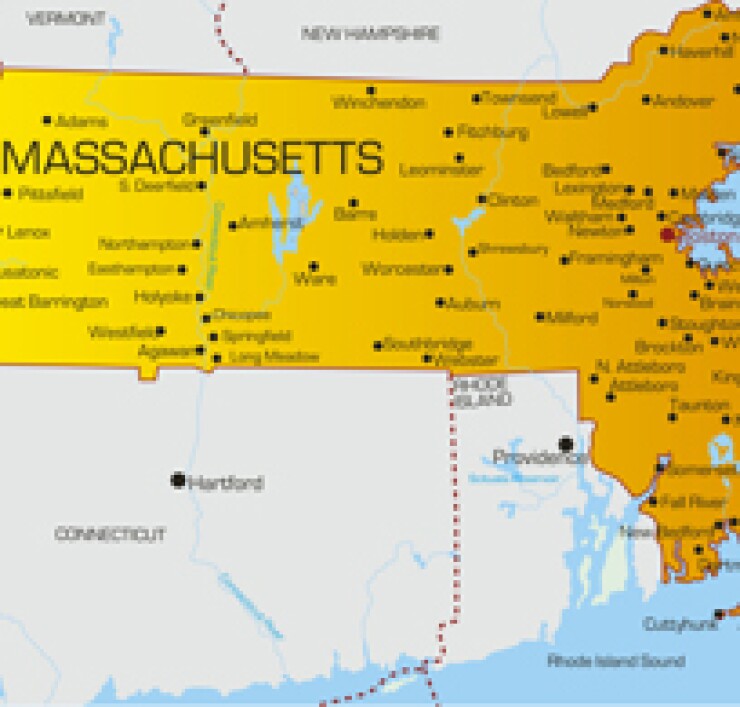Clients are relocating from Massachusetts to lower-tax states, according to a new report from the Massachusetts Society of CPAs.
For the

Business clients who have remained in the state for now are contemplating a move, with 27% of CPAs' business clients reconsidering their presence in Massachusetts, up from 22% in 2023 in the annual survey. The top barriers to growth include the "sting tax" (30%), the individual income tax rate (27%) and the estate tax threshold (23%). The sting tax is an entity-level tax of approximately 2% on S corporations with gross receipts between $6 million and $9 million, with an additional 2.9% tax on S corps with gross receipts over $9 million. MassCPAs has been advocating for eliminating or at least reforming the sting tax, which dates back to the 1980s, viewing it as a deterrent to business growth and investment in the Commonwealth.
The survey found that 49% of the respondents believe Massachusetts is becoming less competitive than other states, while only 6% believe it is more competitive.
To deal with the talent shortage, 42% of the CPA respondents' clients have increased their focus on retention of talent to maintain a competitive edge in a tight labor market, while 21% of those surveyed are also turning to contractors and gig workers, reflecting a growing preference for flexible staffing models. However, economic uncertainty has led only 5% of them to implement hiring freezes or layoffs as they navigate financial pressures. Massachusetts' own efforts, such as the Internship Tax Credit, aim to strengthen the talent pipeline but need to be expanded to counter ongoing workforce shortages, according to the report.
In terms of their overall economic outlook, 33% of respondents remain neutral or cautiously optimistic, while 18% express a pessimistic economic outlook due to inflation, interest rates and market uncertainty. However, nearly half (49%) of the CPAs surveyed believe Massachusetts is becoming less competitive than other states, and only 6% see the state as significantly more competitive.
"This year's survey echoes what we hear regularly from firms and financial leaders across the state: Massachusetts is losing its competitive edge," said MassCPAs president and CEO Zach Donah in a statement Wednesday. "While the findings in this report are concerning, what's even more troubling is what's not captured, the individuals and businesses who won't ever consider Massachusetts because of policies that make us an outlier. State leaders have a real opportunity to build on the momentum from the 2023 tax reform initiative to position Massachusetts for long-term success."
The report offers a number of recommendations, in addition to eliminating or reforming the sting tax on S corporations. Other suggestions include decoupling from the Section 163(j) business interest expense limitation to support capital investment and raising the estate tax threshold to $5 million.
With federal tax policy changes on the horizon and signs of continued economic volatility, the report urges state leaders to act now to help Massachusetts avoid further outmigration, stabilize revenue and position itself as a leading destination for innovation and opportunity.





